Understanding the Power of Experiential in Branding
In today’s fast-paced world, where consumers are bombarded with countless ads every day, traditional marketing strategies often fall short. That’s where experiential marketing comes into play, offering a breath of fresh air by engaging customers directly and creating memorable experiences. But what exactly is experiential marketing, and why is it so effective? Let’s dive in.
The Essence of Experiential Marketing
Experiential marketing, also known as engagement marketing, is a strategy that immerses consumers in a live, hands-on experience that’s related to a product or brand. Unlike traditional marketing methods that communicate through a one-way channel, experiential marketing creates a two-way interaction between the brand and its audience. This approach goes beyond advertising by fostering a deeper emotional connection with the brand, enhancing customer loyalty and influencing purchase decisions.
Why Experiential Marketing Works
1. Creates Lasting Impressions: Experiential marketing events are designed to be fun, engaging and, most importantly, memorable. Participating in an event or experience leaves a lasting impression on attendees, which helps to increase brand recall.
2. Builds Emotional Connections: By engaging consumers directly, brands can elicit emotions that create stronger bonds. People are more likely to remember an event where they had a fun, engaging experience compared to a traditional ad.
3. Encourages Word of Mouth: Participants often share their experiences with friends and family, both through word of mouth and via social media. This organic sharing extends the reach of the campaign far beyond the original event.
4. Offers Valuable Feedback: Live interactions provide immediate feedback from consumers, which can be invaluable. Brands can learn what excites, engages, and matters most to their audience.
Examples of Experiential Marketing
1. Pop-Up Shops: Temporary retail spaces that offer customers a unique opportunity to interact with a brand’s products in a novel setting. These are especially popular with fashion and beauty brands looking to test new markets.
2. Interactive Installations: These can range from high-tech interactive billboards to simple, yet creative, participatory challenges at public events. They attract attention and encourage interaction, often becoming viral sensations.
3. Exclusive Events: Brands may host exclusive launch parties, workshops, or experiences that not only generate buzz but also make attendees feel valued and part of an elite group.
Key Takeaways for Brands
To implement an effective experiential marketing campaign, brands should focus on creativity and customer engagement. The goal is to design an experience that feels authentic and enjoyable for participants. Additionally, it’s crucial to leverage social media before, during, and after the event to maximise reach and impact.
Conclusion
Experiential marketing represents a shift from traditional advertising to innovative, customer-centric campaigns that prioritise experience and engagement. By creating memorable and meaningful interactions, brands can can create loyal advocates and enhance their overall market presence. Whether you're a startup or an established company, incorporating experiential marketing into your strategy can lead to significant benefits.
Implementing experiential marketing isn't just about throwing events—it's about creating a strategy that engages customers at a deeper level, turning every interaction into an opportunity for growth.
Keep an eye on our Resources Page for more juicy insights, white papers, and handy guides





.png)
.png)
.png)
.png)
.png)
.png)

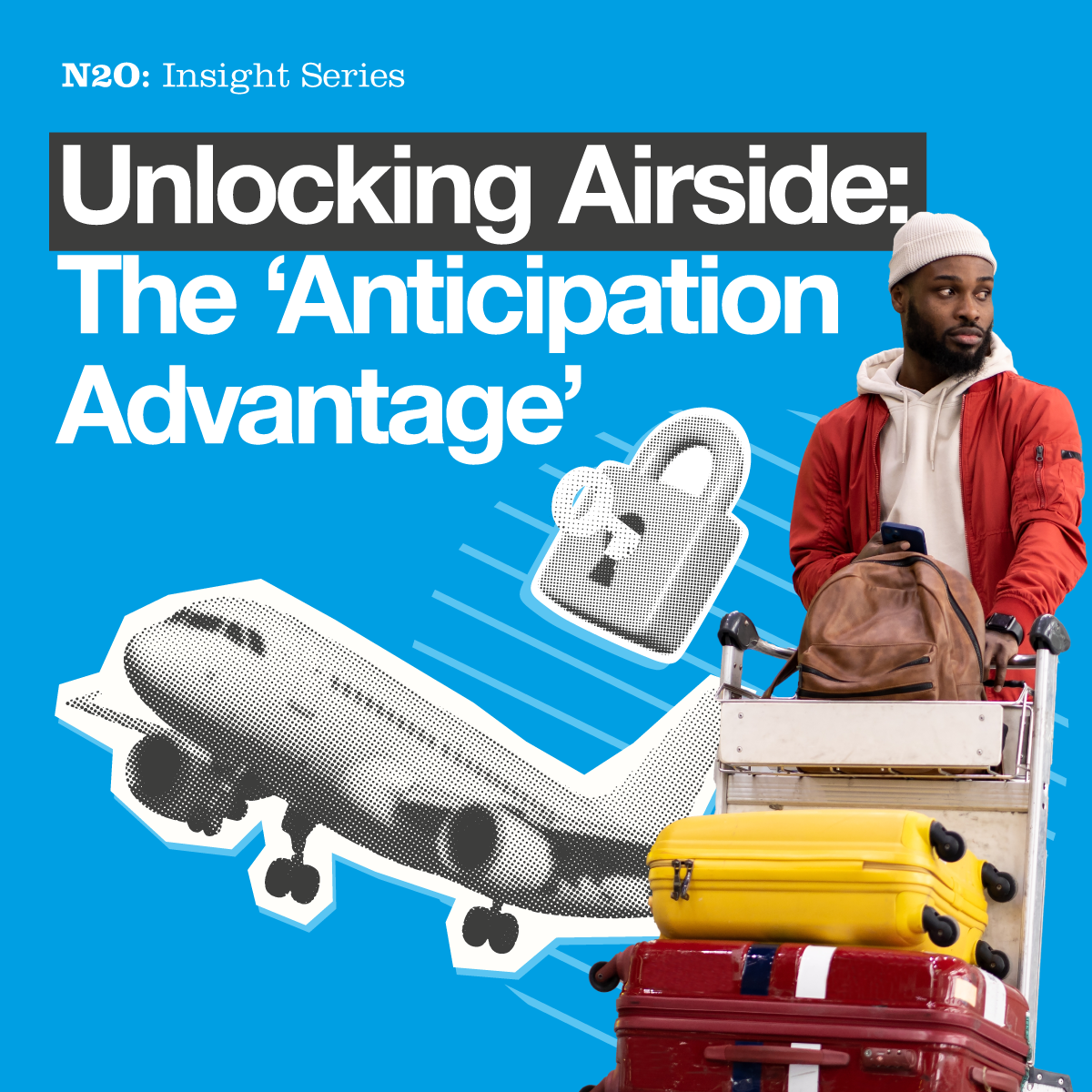
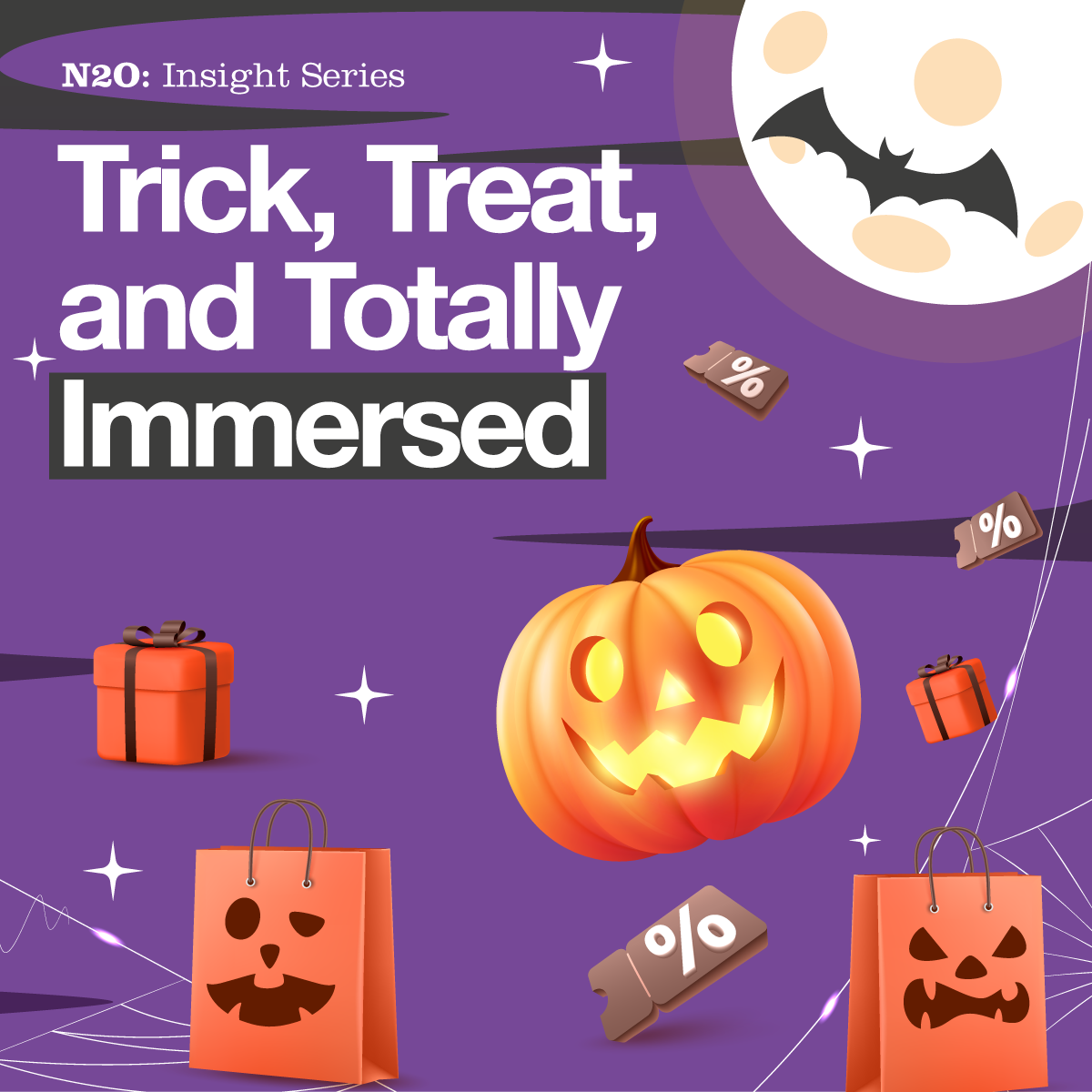
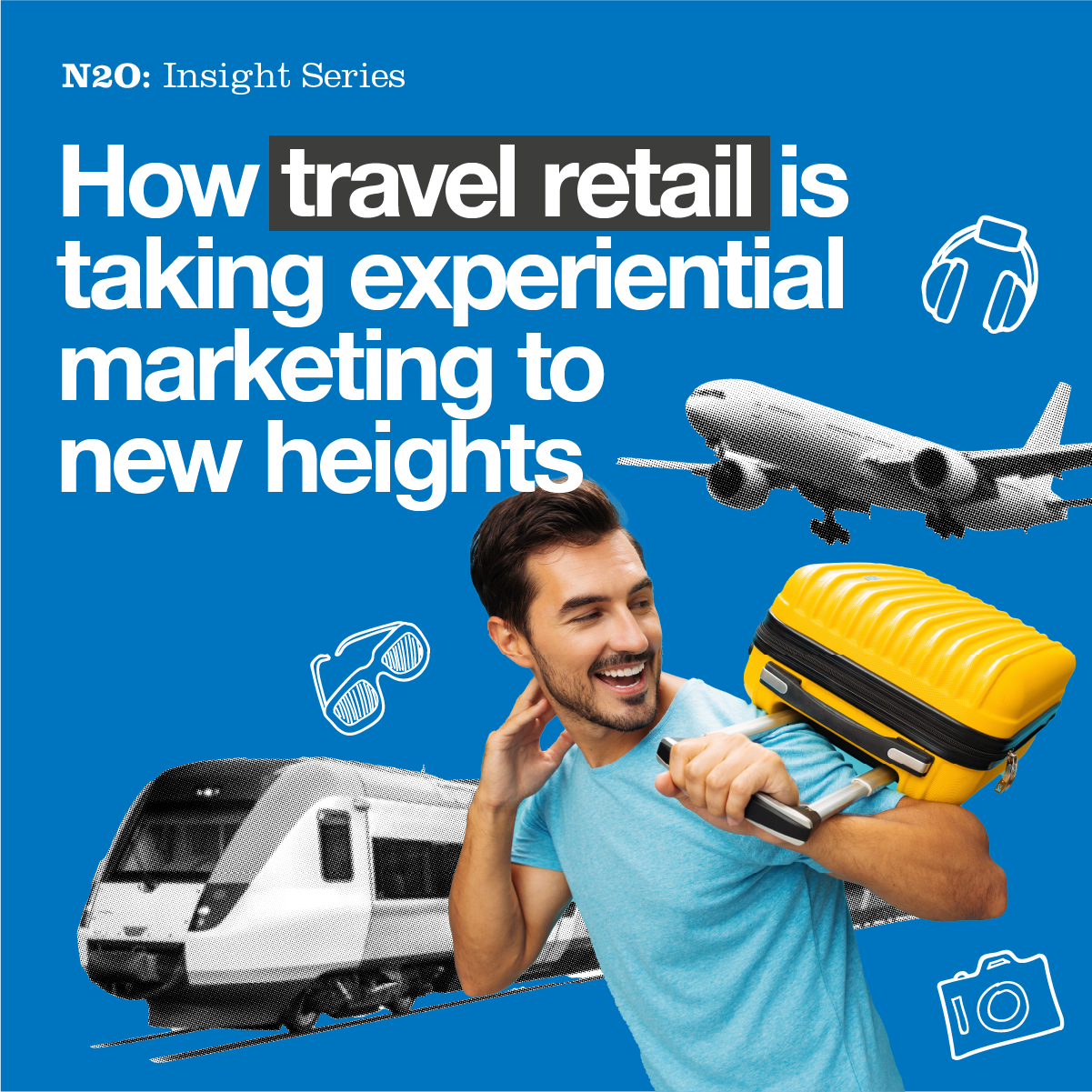
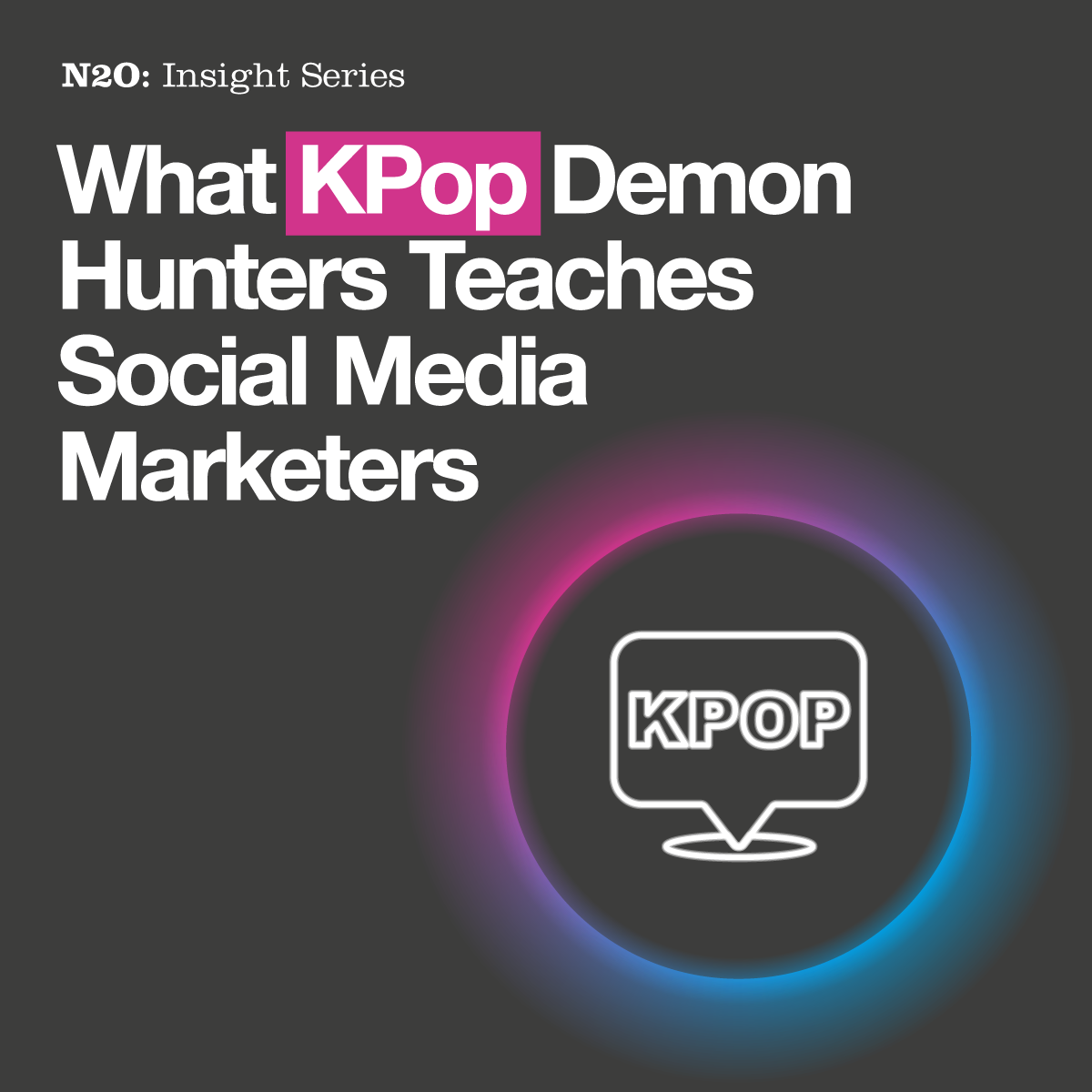
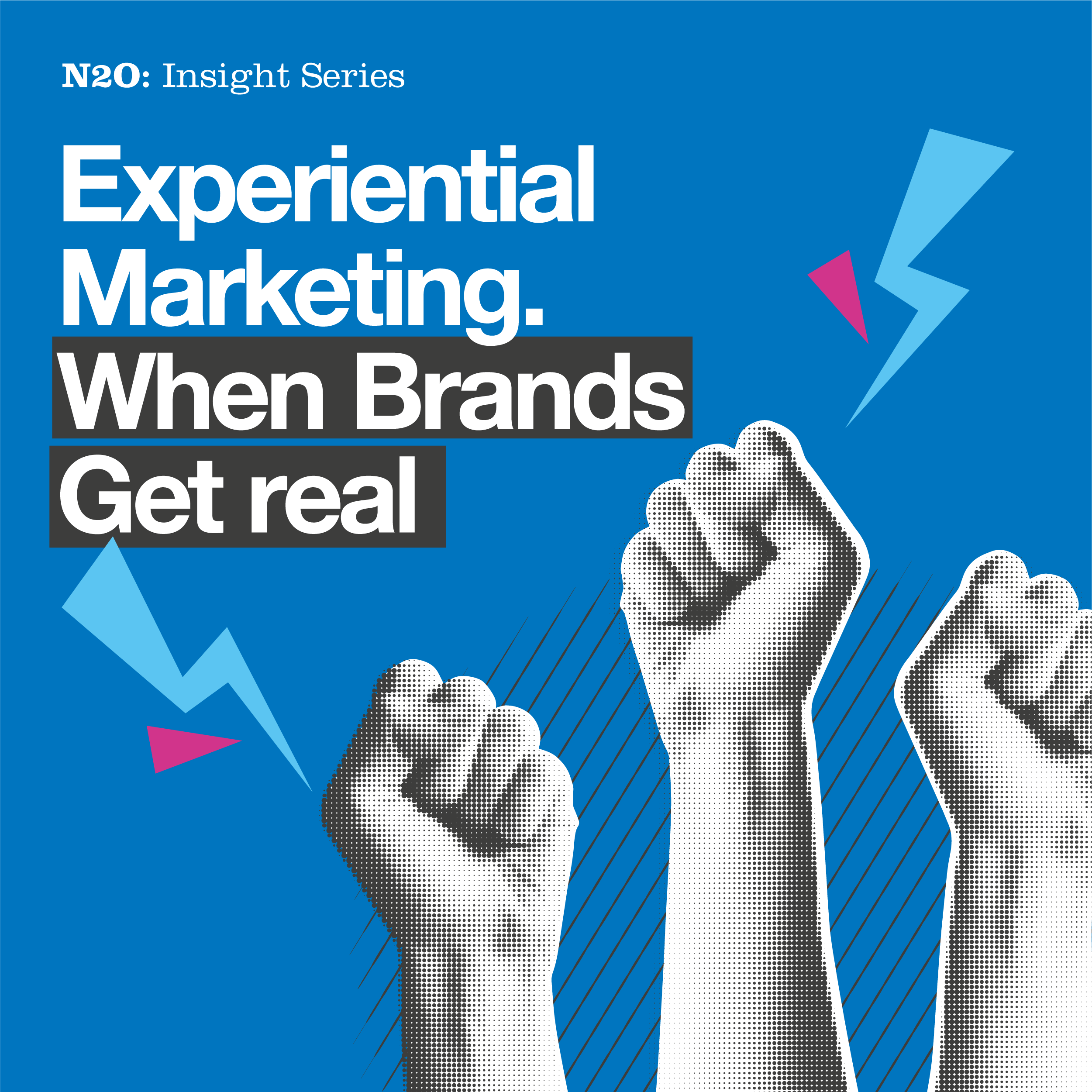



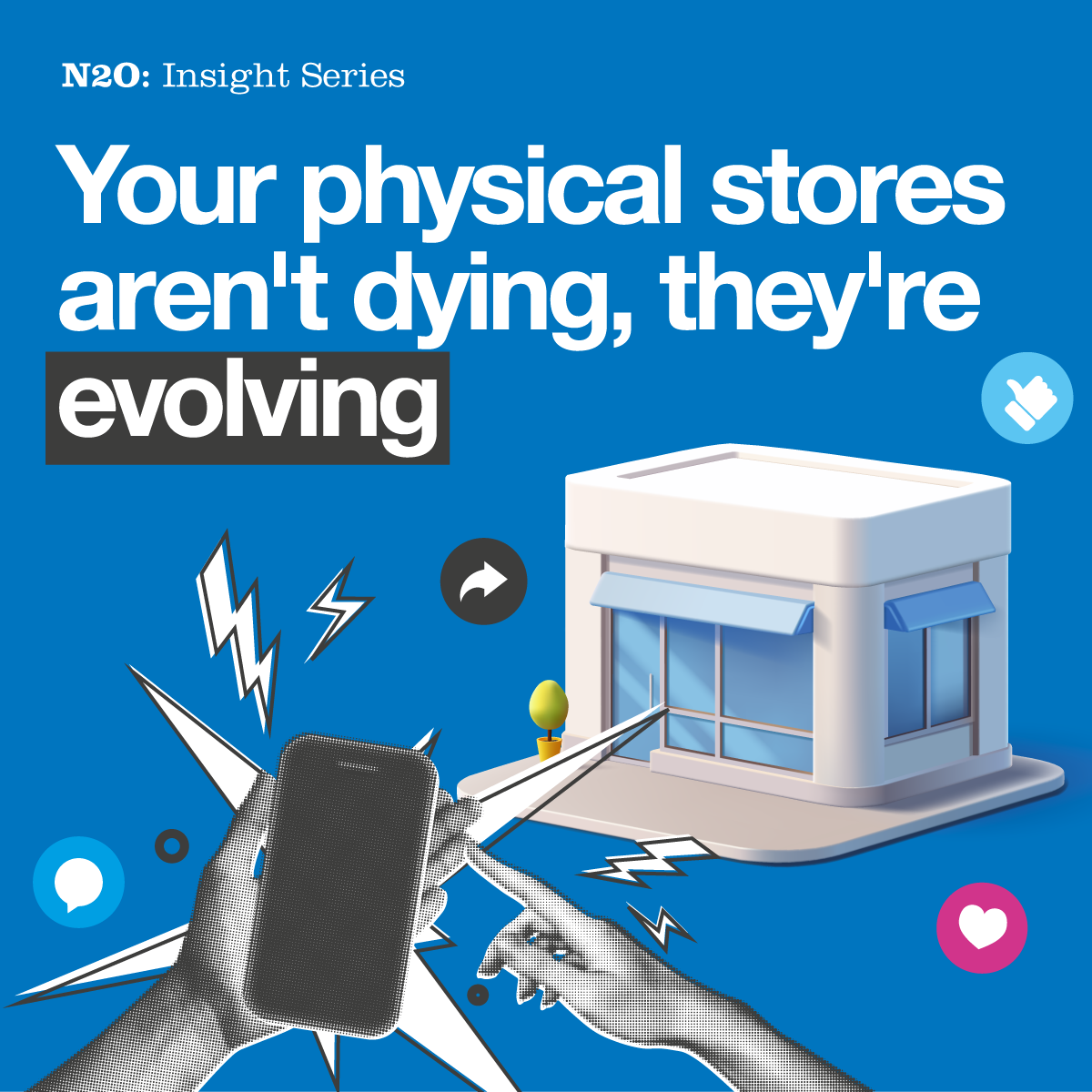

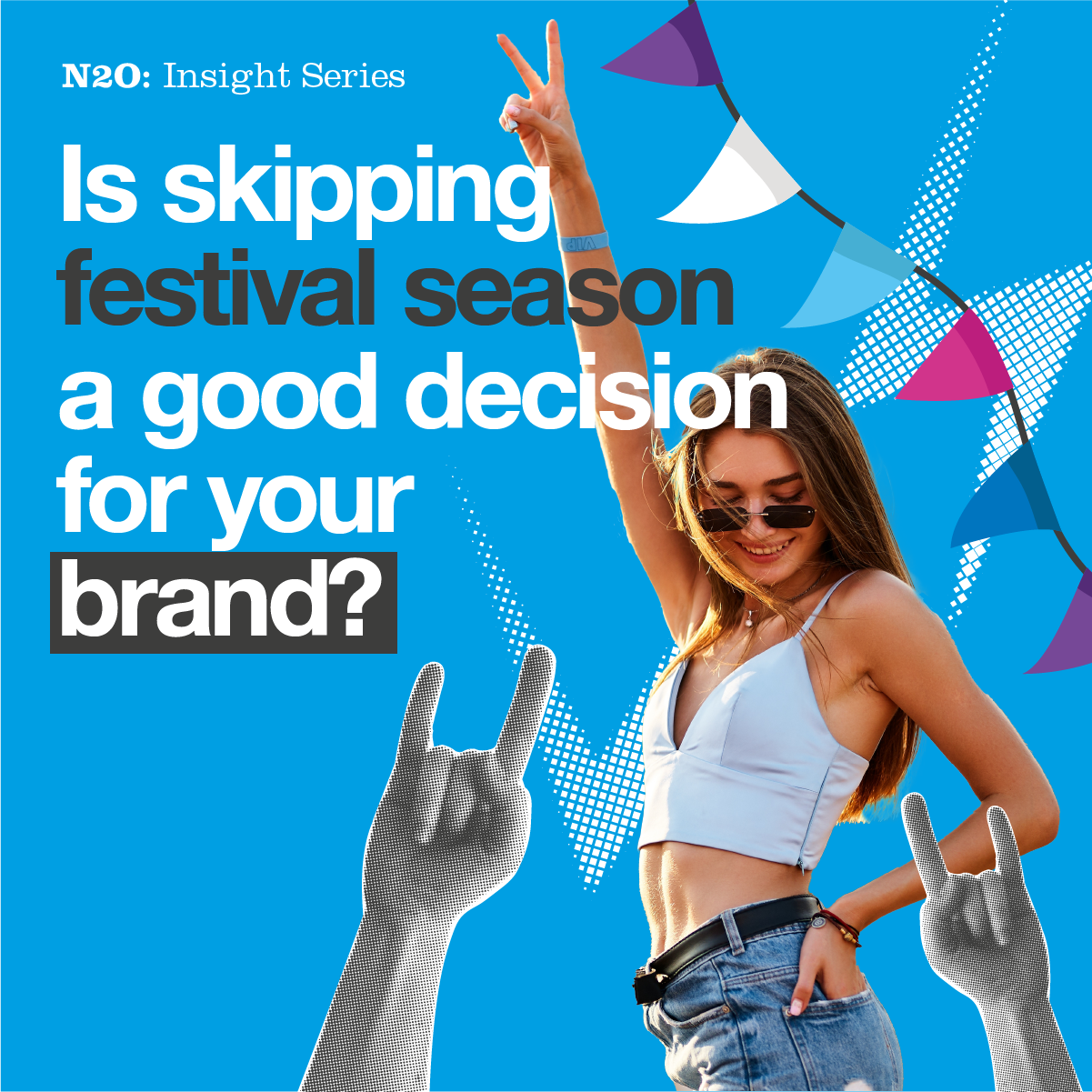



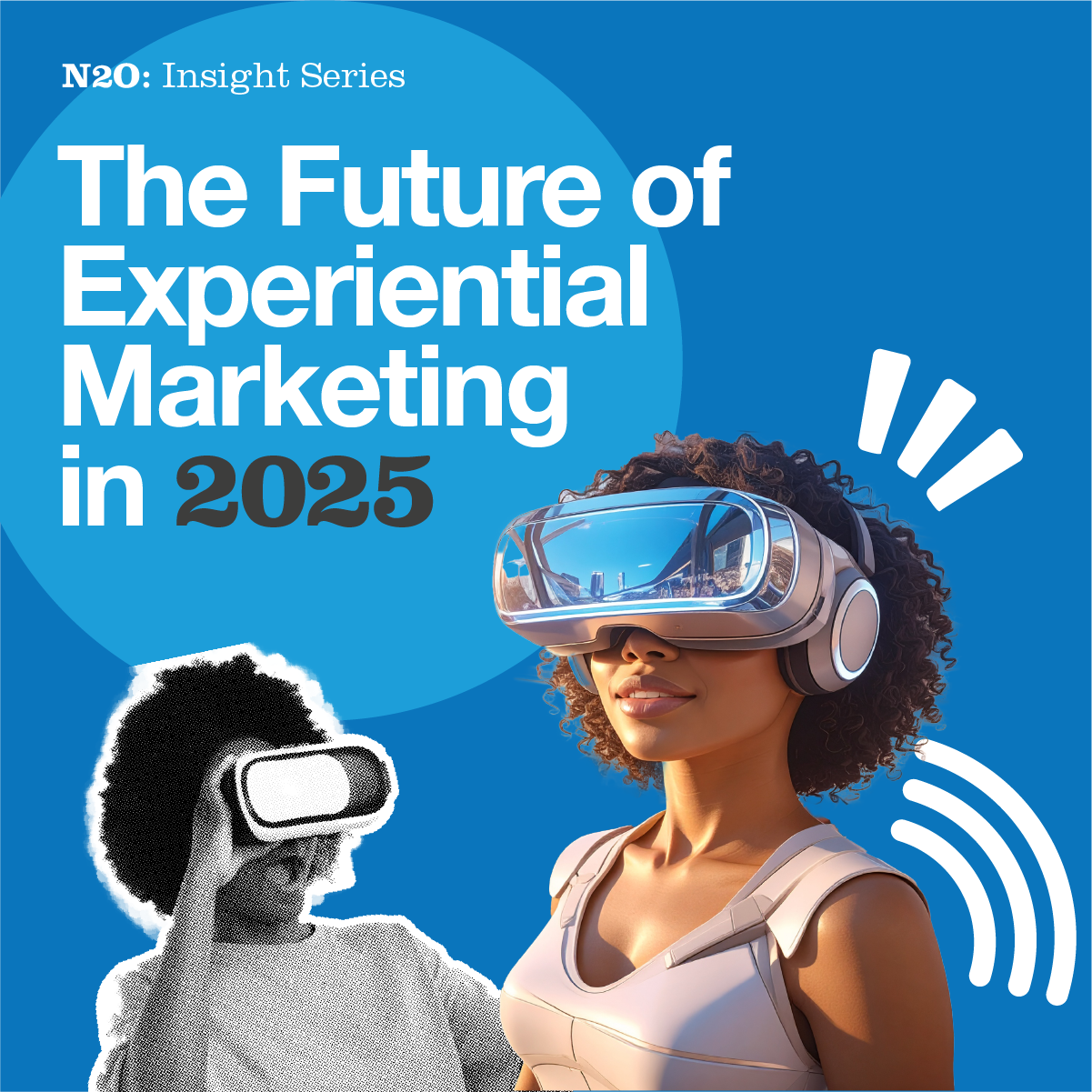



































































.jpg)








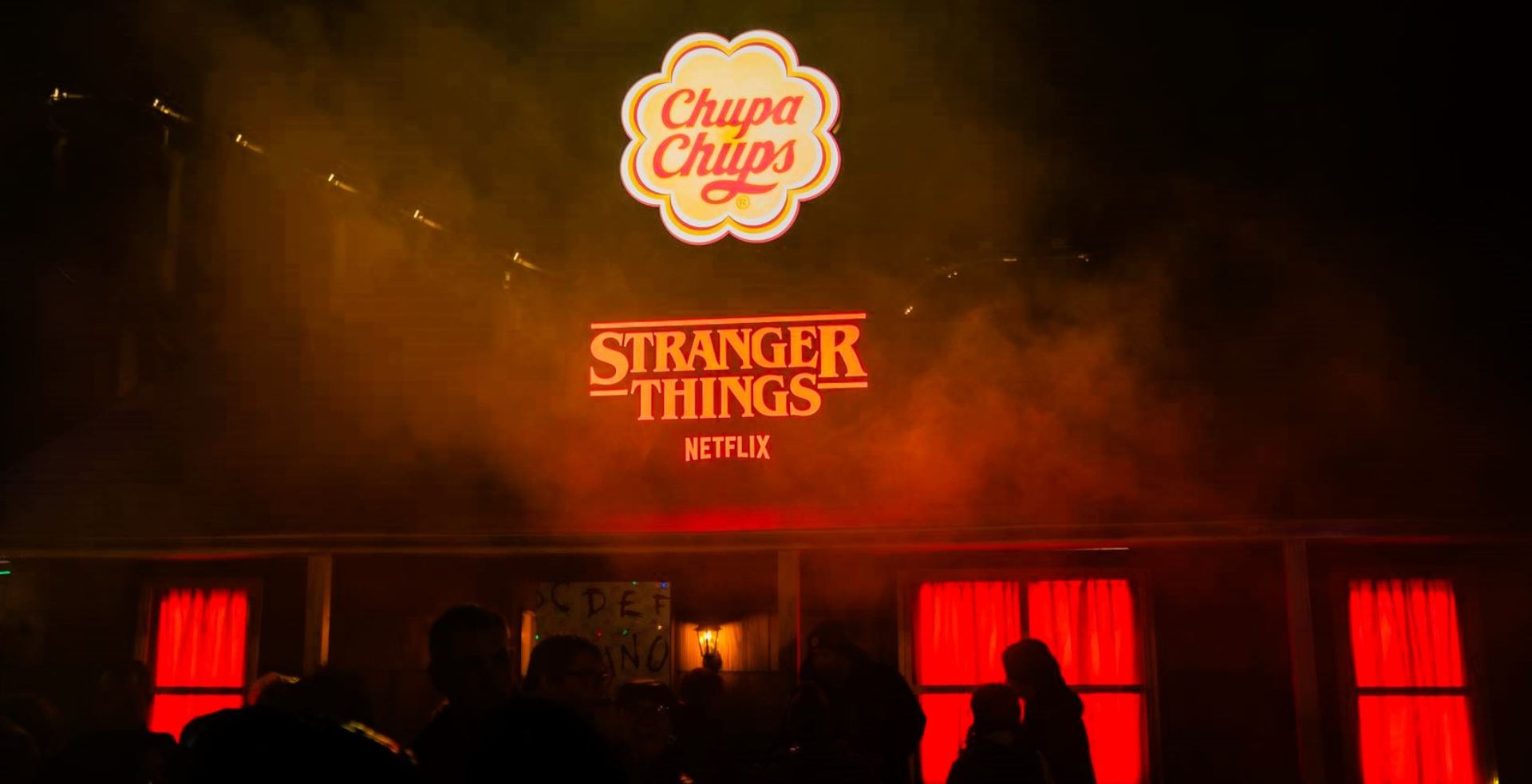
.png)


















